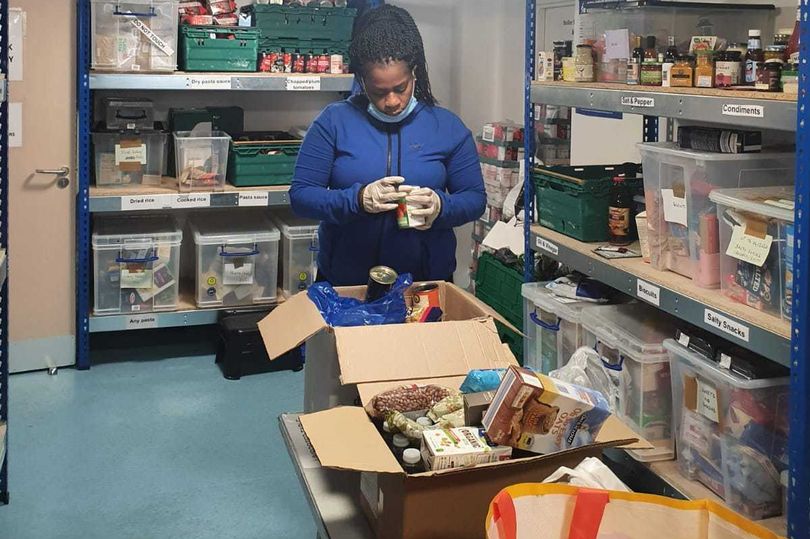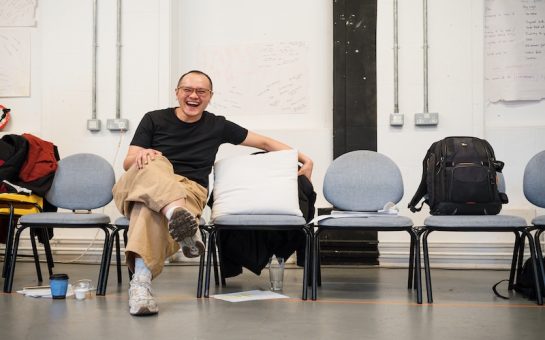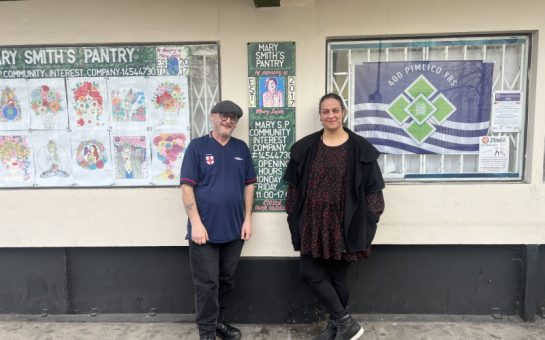A Kensington and Chelsea food bank volunteer has warned that the end of the £20 universal credit uplift today will be “damaging” for food banks.
From today, the £20 a week Universal Credit uplift will come to an end after being introduced in March 2020 in response to the COVID-19 pandemic.
The withdrawal of the Universal Credit uplift comes just after the end of the governments furlough system on the 30th of September and alongside gas price hikes and soaring energy bills.
The Joseph Rowntree Foundation (JRF) has described it as being the biggest overnight cut to the basic rate of social security since the birth of the modern welfare state.
How will the end of the Universal Credit uplift affect food banks?
Linton Mitchell, 73, is a retired fitness instructor who volunteers at the Kensington and Chelsea food bank.
He warns that the withdrawal of the £20-a-week uplift will be ‘damaging’ for food banks.
“To make the decision to take away the £20 will be so damaging. There are people who depend on our food bank as it is. If people struggle now with what they’re getting, what’s it going to be like without that extra £20?”
Mitchell said he started working at the food bank because he has previously experienced financial hardship himself.
“These people who make these decisions… do they actually know what it’s like to not even be able to afford toast?
“I’ve noticed that when older people come along for foodbank parcels, it’s very stressful for them.
“They haven’t even got the money to get here if they live a distance away, and they can’t walk.
“I’ve also seen a rise in younger people in their 20’s come in after losing their job.”
According to data by the think-tank Resolution Foundation, the end of the uplift will result in the average income reducing by 5 percent, with reductions being as high as 25 percent for young, single claimants.

Portia Thaxter, a Labour councillor and mental health worker, has been volunteering at the Kensington and Chelsea food bank since 2018.
She anticipates that the impact of the £20 reduction will be huge for the K&C food bank – especially since the number of donations have been dwindling.
“The £20 reduction in October will have a huge impact on the food banks. £20 can tide a family over for three or four days depending on how they budget,” said Thaxter.
“People have to pay bills and they also have to provide food for their families. With that £20-reduction, they are going to fall deeper into poverty.”
She said that at the peak of the pandemic, there were approximately 170 food bank users a week. During this time, the K&C food bank was receiving donations from major supermarkets.
However, since the return to normality, she says that donations have slowed down.
“I think that because people are back to normal they think there’s not a great need for this sort of service. The need for food packages is still there, but donations are down.”
Former Labour MP for Kensington, Emma Dent Coad, agreed.
“I find it extraordinary that they think they can just take away an extra £20 from people who are already struggling so much,” said Dent Coad.
“The people making these decisions are generally people who have absolutely no real idea about the everyday life of people struggling to buy food. They don’t understand, and they have never tried to understand.
Dent Coad said she wrote her 2020 report The Most Unequal Borough in Britain to provide a baseline of local statistics to evidence how badly austerity has impacted the borough.
She said: “Kensington and Chelsea is not the borough many still think it is. The money that is wasted in other quarters while we literally have people who have no food in the Royal Borough of Kensington and Chelsea is an absolute scandal.
“They really need to actually talk to some of the groups of people who are working on the front line – especially at the food bank.”
Research by The Trussell Trust, a charity that supports a nationwide network of more than 1,300 food bank centres, found that income inequality is higher in Kensington and Chelsea than in any other borough by a considerable margin.
Dent Coad said that in the Ladbroke Grove area where she lives there are approximately five to ten food banks – and the number keeps rising.
She expects that the withdrawal of the £20 uplift will drive more people to food banks.
A spokesperson for Kensington and Chelsea Council said: “The Council has been working closely with foodbanks across Kensington and Chelsea throughout the pandemic with Notting Hill Food Bank receiving £3,000 of funding from our Covid Support Grant.
“We are currently working with our local food providers to codesign a food partnership which will ensure collaboration can continue.”
If you live in Kensington and Chelsea and you need help due to an emergency or a crisis, you may be entitled to a Local Support Payment: https://www.rbkc.gov.uk/benefits/benefits-provided-council/local-support-payments
The Kensington and Chelsea Food Bank takes donations on Mondays, Wednesdays and Thursdays between 10am and 2pm at Notting Hill Methodist Church.
To get in touch with the food bank, contact: 020 7229 7728.




